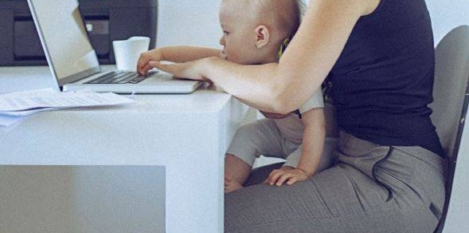March 12, 2016
Office redesign a priority + Menstrual leave debate + Nine workplace trends 0
 In this week’s Insight Newsletter; Mark Eltringham weighs in on the flexible working/menstrual leave debate; Tricia McCall looks at the way the latest workplace designs are influencing the classroom. We learn about the nine workplace trends that managers should address; that staff believe that 91 percent of firms won’t be competitive by 2020 and that a majority of managers see redesigning their organisation as their most important priority. In news – the Government fails to deliver on technology; London occupiers will pay just for a view; and the CIPD warns that not enough organisations are taking action to address the causes of gender inequality. Download our latest Insight Briefing, produced in partnership with Connection, on how the boundless office can be freed from the shackles of time and place and access the latest issue of Work&Place. Visit our new events page, follow us on Twitter and join our LinkedIn Group to discuss these and other stories.
In this week’s Insight Newsletter; Mark Eltringham weighs in on the flexible working/menstrual leave debate; Tricia McCall looks at the way the latest workplace designs are influencing the classroom. We learn about the nine workplace trends that managers should address; that staff believe that 91 percent of firms won’t be competitive by 2020 and that a majority of managers see redesigning their organisation as their most important priority. In news – the Government fails to deliver on technology; London occupiers will pay just for a view; and the CIPD warns that not enough organisations are taking action to address the causes of gender inequality. Download our latest Insight Briefing, produced in partnership with Connection, on how the boundless office can be freed from the shackles of time and place and access the latest issue of Work&Place. Visit our new events page, follow us on Twitter and join our LinkedIn Group to discuss these and other stories.






























March 8, 2016
Classrooms are starting to mimic the form and function of the office 0
by Tricia McCall • Comment, Technology, Workplace design
Technology is not the only factor impacting the way education is being approached in the classrooms of today. While it’s true that many classrooms have begun to adapt to the inclusion of technology in the curriculum, there are also several “offline” options which have clearly trickled down from business design. Globally known companies such as Google and Apple have long been getting attention for the offbeat office culture they are cultivating. This trend has been fanning out into the other companies and industries as well. In-house chefs, rock climbing walls, and unconventional meeting spaces are a few of the unusual features popping up in offices all over the globe. Employers are striving to entice potential job candidates and retain their existing employees through unique and engaging environments. It may well be that the bells have already tolled for the conventional cubicle culture of the past.
(more…)